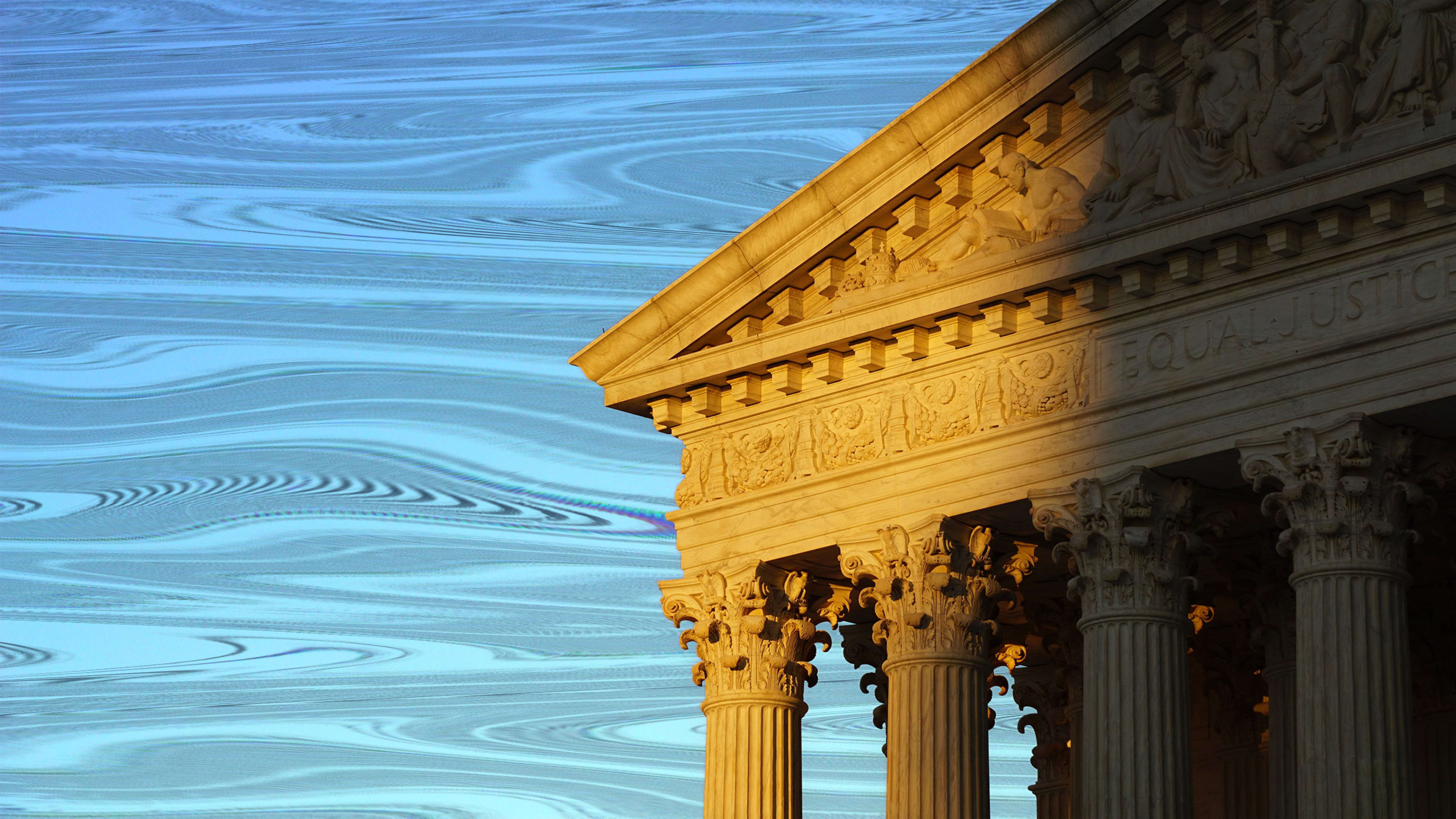In an unsigned opinion on Thursday, the Supreme Court declined to reinterpret a law that protects social media companies from being held responsible for their users’ posts, effectively dealing a victory for the tech platforms.
The law, known as Section 230 of the Communications Decency Act, protects platforms from liability for the posts and allows them to remove or moderate posts. In the case known as Gonzalez v. Google, the Supreme Court said it declined to address the case, adding that the complaint “appears to state little, if any plausible claim for relief.”
The case originates from a 2016 lawsuit filed by the family of Nohemi Gonzalez, an American student and one of the 129 people killed by ISIS terrorists in Paris in 2015, against Google, the parent company of YouTube. In the lawsuit, the Gonzalez family alleged that the tech giant aided and abetted ISIS by recommending their terrorism-related videos to users.
The opinion referenced a separate similar case against Twitter, known as Twitter v. Taamneh, in which the Supreme Court voted unanimously to side with the tech platform in a dispute brought by the family of a victim in the Istanbul 2017 nightclub terrorist attack. That ruling was also decided on Thursday.
In that case, the high court found that the plaintiff was unable to establish a claim for aiding and abetting, which the court referenced in its Gonzalez v. Google opinion. Because the Supreme Court found that “much (if not all)” of the plaintiffs’ complaints in Gonzalez v. Google mirrored those of the Twitter case, they wrote that they declined to address the Google case.
For now, that means the law continues to provide a liability shield to social media companies like Meta, Google and more, allowing them to be separated from the content their users post. The Supreme Court said it would vacate and send back the decision to the Ninth Circuit court in light of their recent Twitter decision.
Recognize your brand’s excellence by applying to this year’s Brands That Matter Awards before the early-rate deadline, May 3.
